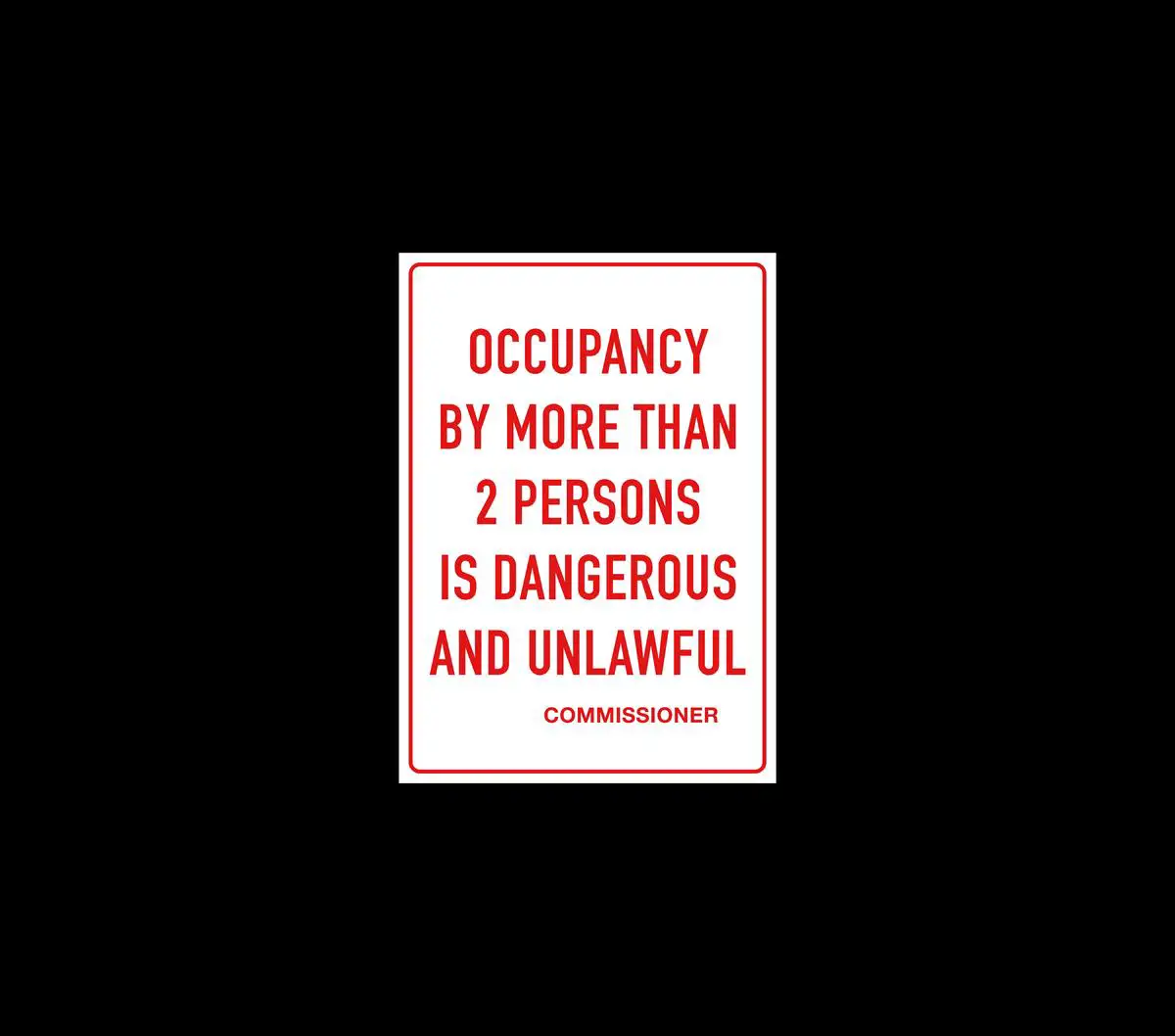Navigating the nuances of human interaction can often be like playing a complex chess game. Missteps can lead to uncomfortable situations, if not hurt feelings or strain on a relationship. Central to this chess game are ‘social excuses’ – seemingly harmless comments or justifications used to evade responsibilities or dodge certain scenarios. These social pretexts are much more than what they seem on the surface, carrying within them a web of psychological implications and potential impact on the quality of interactions.
Identifying Common Social Excuses
Understanding Common Social Excuses to Avoid Gatherings
People often utilize common phrases or excuses when attempting to dodge social gatherings. One common excuse is illness, where people state they’re unwell or not feeling their best in order to avoid events. They may claim to have a contagious illness like a cold, or say they’re dealing with a stomach bug.
Another frequently used excuse is work or personal commitments. For instance, individuals often claim to be busy with work projects that they need to complete outside office hours or cite family obligations like babysitting their nieces and nephews or taking their parents to a medical appointment.
In some cases, people use the excuse of pre-existing plans or engagements. They may say they’re already scheduled to attend another event, meet someone else or have booked a vacation. This excuse tends to function well, as it’s perceived as poor manners to cancel existing plans.
Common Excuses Avoiding Work Commitments
Avoiding work commitments is another area where social excuses are commonly deployed. This can span scenarios from skipping meetings to avoiding work altogether. Personal illness is a commonly used excuse here as well. Employees may cite conditions such as migraines or gastrointestinal issues, which are hard for employers to verify. Another frequently used excuse is family commitments, where an individual could cite a sick child, spouse, or even a pet.
Occasionally, people may allude to personal problems or stressors. These can range from relationship woes to mental health issues, which not only explain their absence but might also discourage further inquiry due to their private nature.
Recognizing and Responding to Common Social Excuses
Understanding typical social excuses is the initial phase of addressing them effectively. It involves identifying patterns in an individual’s behaviour, such as a common trend of reported illnesses coinciding with a planned get-together or chronic work emergencies every time a commitment is due.
When it comes to responding, a balance of empathy and assertiveness is key. For instance, if someone constantly gives health issues as the reason for non-participation, conveying your concern for their health may deter them from using that particular excuse repeatedly. Similarly, if work-related emergencies are frequently given, recommending solutions like effective time management or seeking help from their manager may prove beneficial.
Nevertheless, it’s crucial in both examples to emphasize the importance of fulfilling commitments and the adverse effects of regularly backing out. Engaging in constructive discussions encourages a deeper understanding of the underlying issues and helps to devise sustainable solutions.
However, bear in mind that there could be genuine reasons why people cannot always keep their promises. By tackling each situation with empathy and understanding, and providing support when necessary and feasible, you avoid alienating the person or exacerbating any existing issues they may be grappling with.

Psychology Behind Social Excuses
Digging Deeper into Social Excuses
Social excuses, alternatively referred to as alibis or pretexts, are commonly utilized as a strategy to evade responsibility, dodge undertakings, or mask genuine sentiments. These are typically borne out of various psychological factors, and are a reflection of a person’s mental state, circumstances, and personality traits. Understanding the psychology that drives such behaviour can shed light on how we communicate and interact within our social circles.
Social Anxiety and Its Role in Social Excuse Making
One key factor that drives people to rely on social excuses is social anxiety. This psychological condition induces an intense fear of certain social situations—especially unfamiliar ones or instances where one feels they might be closely watched and judged by others.
For individuals battling social anxiety, making up excuses such as “I have a lot of work,” or “I’m not feeling well” can serve as psychological defenses. These excuses allow them to avoid situations they perceive to be threatening or anxiety-inducing. They can also serve to protect them from possible harms such as embarrassment, rejection, or criticism.
Interpersonal Relationships and Fear of Conflict
Another factor in excuse-making is the impact on interpersonal relationships and the fear of conflict. People value their relationships, often going to great lengths to avoid unpleasant situations that might lead to arguments, conflicts, or discord. This is because humans are innately social creatures and thus have a strong drive for harmony in their social interactions.
For instance, someone may use an excuse like “I forgot” rather than admitting they purposely did not attend a friend’s party because they didn’t want to cause strife in the relationship. In essence, these excuses serve as a useful tool enabling an individual to navigate through potentially volatile social circumstances.
Responding to Social Excuses: A Constructive Approach
Understanding the psychology behind social excuses can shape our reactions to them. Rather than taking them at face value or feeling frustrated, consider that these excuses may be a coping mechanism, a signal of stress, or a tool for self-preservation.
By responding with empathy and understanding, you can foster a safe space where others feel comfortable sharing their genuine feelings or concerns. Offering reassurance like “no worries, there will be other parties” or “It’s okay if you’re not comfortable,” can go a long way in enhancing trust in relationships.
Addressing the Culture of Social Excuses
Imagine a society where people feel comfortable sharing their genuine thoughts, feelings, or concerns, and boundaries are recognized and respected. This environment could minimize the reliance on social excuses, promoting a more honest and open line of communication. In the long run, such a shift could transform common norms around social excuses and greatly enhance our interpersonal relationships.

Impact of Social Excuses
Demystifying Social Excuses
These so-called social excuses, or ‘coping mechanisms’, are essentially responses we employ to sidestep social events or responsibilities in an effort to preserve our social standing. They can range from harmless fibs such as “I have a prior commitment”, to more intricate tales. These justifications are our subtle ways of maintaining decorum while implicitly expressing our reluctance towards the event or obligation in question.
Impact on Relationships
Excessive use of social excuses can lead to strain on relationships. Whether it’s a constant cancellation of plans or the habitual inability to commit, excuses can create a perception of unreliability. Important bonds, like those with friends, family, or co-workers, can deteriorate over time if a pattern of excuses emerges. The lack of trust and reliability can turn these relationships sour and potentially permanently damage them.
Misunderstandings Due to Social Excuses
Misunderstandings can proliferate when social excuses are overly used. An individual might use an excuse due to unpleasant feelings surrounding a social situation or event, such as anxiety or shyness. However, without transparent communication, these underlying reasons remain obscured, potentially causing others to misinterpret the situation. This misinterpretation can lead to confusion, hurt feelings, unnecessary tension, or wrongful accusations.
Impact on Mental Health
Repeated use of social excuses can also affect an individual’s mental health. It fosters a culture of avoidance rather than confronting the issues or discomforts at hand. This continuous evasion can contribute to the increase of anxiety, depression, stress, and loneliness. Moreover, the guilt and fear of being ‘found out’ can add to this mental health strain.
Balancing Perspective: Positive Impact
On the flip side, social excuses can occasionally have positive impacts as they allow individuals to maintain personal boundaries and prioritise self-care. Effectively used, these excuses can help manage social obligations, providing a reprieve and balance from what can sometimes be an overwhelming social calendar.
Responding To Social Excuses
Responding to social excuses requires a mix of empathy, understanding, and open communication. If a friend or loved one often resorts to excuses, initiating an open and non-judgmental conversation can help address any underlying issues. For mental health concerns, professional help might be needed. However, it’s also essential to respect individuals’ personal boundaries and understand that everyone has the discretion to make choices as to how they manage and invest their time.
Remember, reacting with frustration or anger can alienate the person and exacerbate the situation. Instead, addressing the root cause of the excuses and offering support can help foster stronger and healthier relationships. Uncovering the reasons behind the social excuses can lead to better understanding and improve social connections.
Wrapping Up
Social excuses are quite essential when it comes to setting personal boundaries. However, their excessive utilization could potentially harm both relationships and mental health. The key to successfully sailing through the ocean of social excuses while maintaining robust relations is resilience, understanding, and clear communication.

How to Respond to Social Excuses
Deciphering Often-Used Social Excuses
Commonly, social excuses are the justifications individuals provide for not committing to plans, evading certain actions or discussions, or declining invitations. These can take many forms, such as “I’m overly occupied” to “I’m not in the best health,” or “It slipped my mind.” By effectively understanding and reacting to these excuses, we can encourage healthier dialogue, diminish ill feelings, and enhance mutual understanding. Bear in mind that people resort to social excuses for various reasons, which can include legitimate issues, uneasiness, discomfort, or the fear of being turned down, among other things.
Responses to “I’m Too Busy”
When met with this excuse, your initial response might be one of frustration. However, acknowledging the person’s perceived lack of time can be a more empathetic and understanding reply. You might say, “I understand how busy life can get. Let’s find a time that works well for both of us.” If you frequently find someone citing busyness as an excuse, it could be indicative of a larger issue, such as lack of interest or avoidance. In such cases, it might be useful to engage in an open conversation about their needs and interests.
Addressing “I Forgot”
Forgetting something can happen to anyone, but it can become a pattern and serve as a social excuse. In these cases, try responding with, “No problem, we can reschedule. Would you like me to send a reminder?” This response demonstrates understanding, while also addressing the issue of forgetfulness.
Responding to “I’m Not Feeling Well”
First and foremost, it’s vital to show empathy and understanding when someone cites health reasons. Respond with genuine concern by saying, “I’m sorry to hear that, take care and feel better soon.” However, if this excuse is used repeatedly, it might indicate that the person is uncomfortable with or uninterested in the proposed social activity. In such cases, consider offering alternatives or discussing their concerns more openly.
Approaches for “I Don’t Have the Money”
Financial concern is a valid reason and should be met with sensitivity and understanding. You might respond by saying, “I understand, finances can be tricky. We could try a different, more affordable activity next time.” Expressing understanding in the face of this excuse shows respect and can help maintain a healthy relationship.
Alternatives to Confrontation
While it’s natural to feel frustrated when someone repeatedly offers excuses, confronting them might not always yield positive results. Instead of demanding accountability in an aggressive manner, suggest alternatives, engage in open dialogue, and express your feelings in a non-accusatory way. For example, “I’ve noticed you’ve had to cancel our plans a few times. Do we need to reassess what works best for us?”
Importance of Empathy and Understanding
Being empathetic and understanding doesn’t mean dismissing your own feelings or needs. It’s about acknowledging the other person’s perspective, validating their feelings, and finding a common ground to navigate the situation. Tactful and effective communication is a two-way street and requires the efforts of both parties involved.

Understanding the underpinnings of social excuses and formulating effective responses is no small feat. But remember, the objective is not to win a battle but to make the game of interaction more balanced and positive. This does not only revolve around being skilled in catching an excuse or crafting an efficient reply. It fundamentally lies in fostering empathy, breaking the barriers of misunderstanding, and embracing a communication style that values emotional intelligence just as much as the information being exchanged. This is a continuous endeavor, a lesson in human psychology one can use to strengthen any social engagement.


Recent Comments